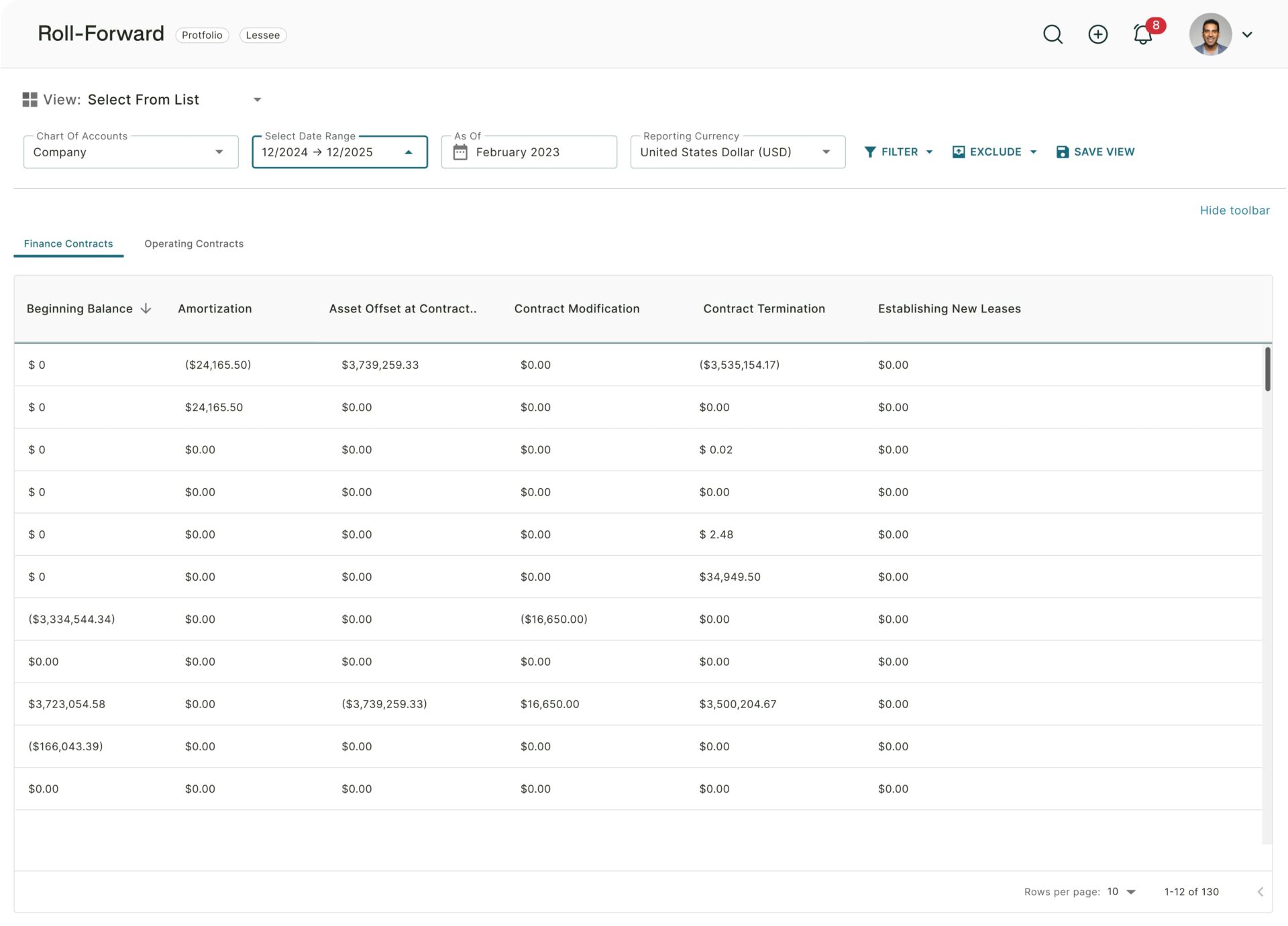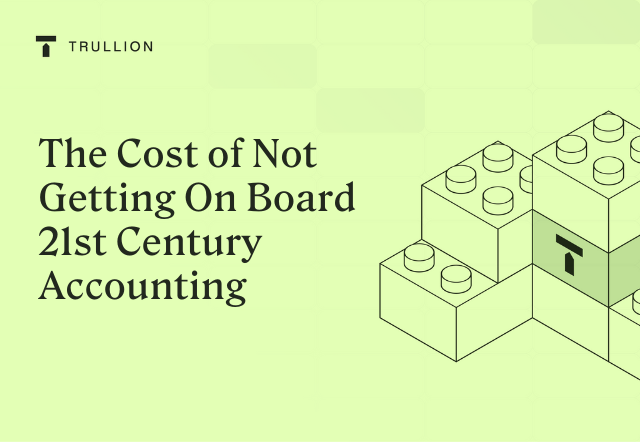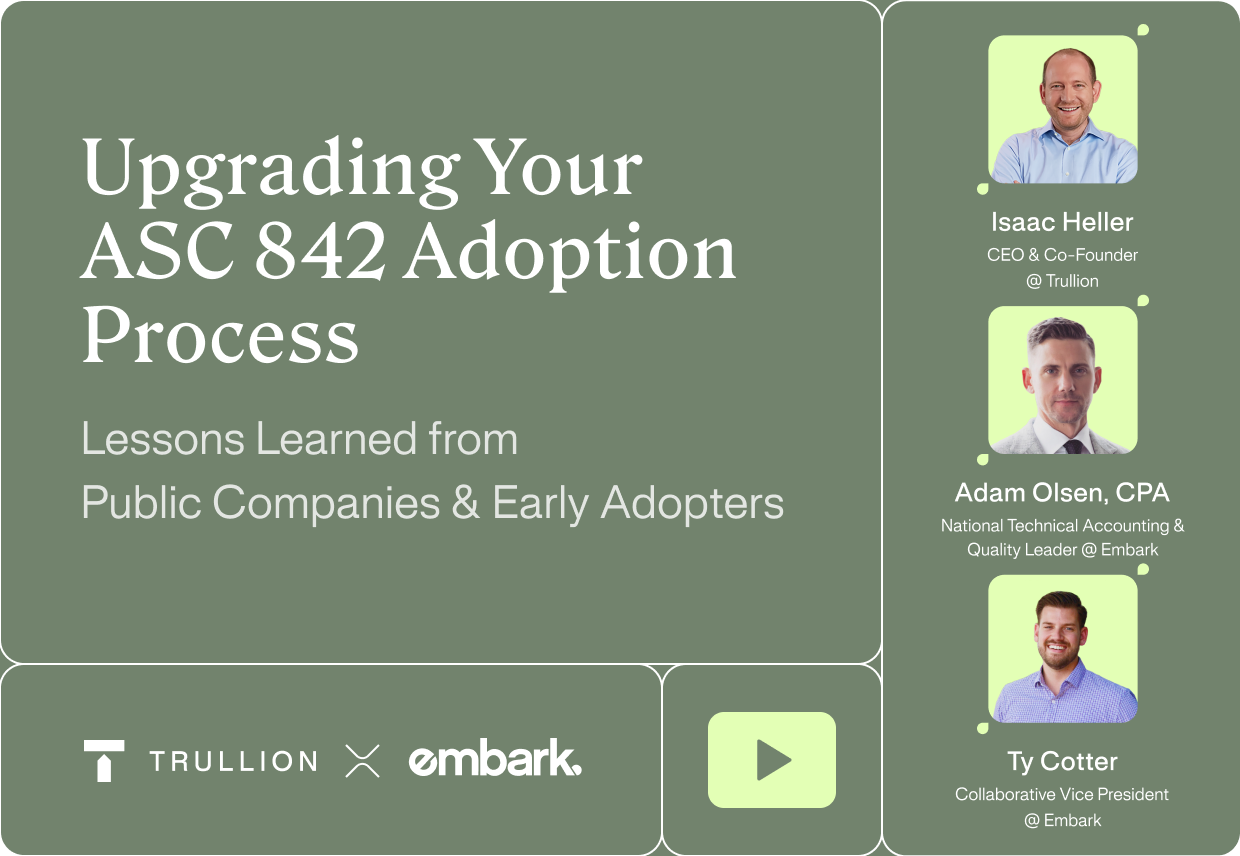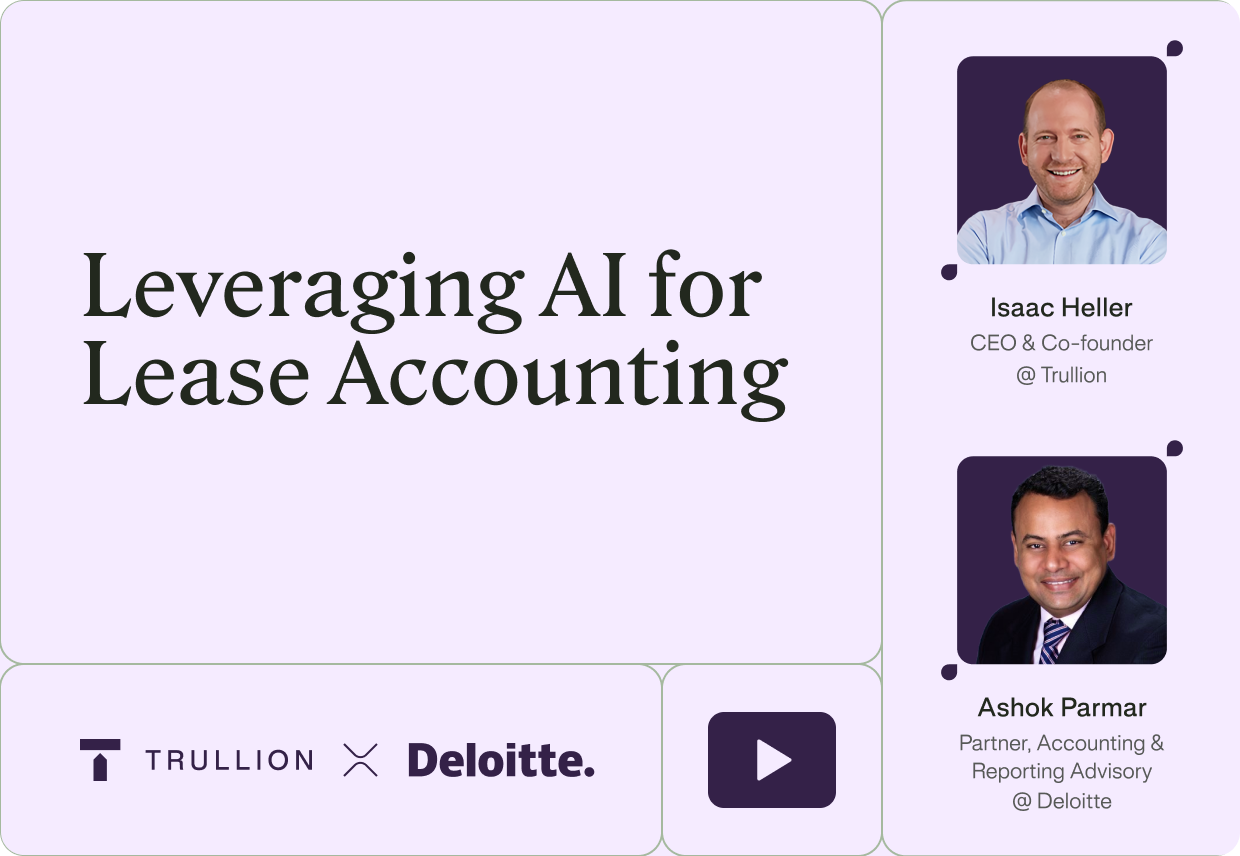Introduction
September 30, 1985. It might not mean much to you, but this date changed your life, especially if you’re an accounting professional.
This was when Microsoft Excel was first introduced, and this legendary tool has been making our lives easier for around 40 years now, almost unchanged throughout this time.
But continuing to run a modern organization on Excel is much like using paper maps in the world of GPS – great for its time and served its purpose admirably, but modern tools are just so much better, you can’t even compare.
We love Excel; it has its place, and we’re sure it will be with us for a very long time. However, this is just one example of how accounting is at a crossroads: On the one hand, doing things the same way they’ve always been done. On the other, embracing a bright new future, leveraging incredible technology to do more and do it better.
We’ll look at key areas in accounting where we compare the cost of not introducing change to the opportunity available when adopting modern accounting tools.
For each area, we’ll summarize these costs and opportunities.
Extracting Data
Cost of Not Introducing Change: Maintaining traditional data extraction methods can be time-consuming, error-prone, and result in data silos, hampering decision-making and operational efficiency. If data is extracted incorrectly, then everything that follows is going to be impacted, with errors compounding and creating havoc down the line. Finding and fixing these errors requires more precious time, and if it’s the auditors who find a mismatch, this can increase the scope, cost, and length of the audit.
Opportunity with Modern Tools: Modern accounting software offers automated data extraction and AI-powered integration capabilities, including using Optical Character Recognition (OCR) and Machine Learning (ML). This completely streamlines the data extraction process, bypassing the potential for manual errors, accelerating data availability, and enhancing decision-making based on real-time insights.
Journal Entries
Cost of Not Introducing Change: Traditional journal entry processes are prone to human errors, delays, and inconsistencies. What’s more, many journal entry processes are a waste of time for highly qualified, educated, and motivated accountants, given the availability of AI and other tools.
Opportunity with Modern Tools: With modern tools in place, especially those leveraging AI, there are powerful options available around automated journal entry functionalities. These functionalities can accelerate the closing process, and ensure accurate financial reporting and maximum compliance.
Compliance
Cost of Not Introducing Change: Staying compliant with evolving regulations is challenging with outdated systems, risking legal penalties and reputation damage. As many accounting and audit teams have seen lately, new standards dealing with complex transactions – such as the new lease accounting and revenue recognition standards – are, by necessity complex themselves. For many teams, the only way to stay compliant is by upgrading to modern tools; sticking with legacy systems is a recipe for compliance disaster, protracted audits to restatements, and worse.
Opportunity with Modern Tools: Leading modern accounting software comes with built-in compliance features, such as automatic updates to tax regulations. Compliance risk is slashed, there are massive cost savings, and CFOs can now sleep easily at night.
Audit
Cost of Not Introducing Change: There are tremendous implications of not introducing modern tools both for auditors and their clients. Auditing itself becomes cumbersome with manual processes, manual updates, and manual checks – increasing the cost and time required for audits. What’s more, it’s more difficult to spot macro trends or critical anomalies in large data sets. Collaboration is slowed, information is harder to align, and friction among stakeholders can rise, especially with tight deadlines. Time pressure naturally leads to increased rates of error and diminishes the strategic value that might otherwise be unlocked during a client-auditor engagement.
Opportunity with Modern Tools: The new generation of accounting and audit tools provide easy, cloud-based, transparent access to detailed transaction records, making audits more efficient and cost-effective. Auditors can access data remotely with client-managed access permissions, reducing disruptions to daily operations and removing the endless email chain. Everything generated by these systems is automatically and easily auditable, completely revolutionizing the way audit takes place, and providing much more value to clients.
Analytics
Cost of Not Introducing Change: Traditional tools offer limited analytical capabilities, hindering an organization’s ability to extract actionable insights from financial data. They are just not equipped with the capabilities needed to unlock the value of an organization’s data. This means missed opportunities, inefficiencies, falling behind competitors, and losing market share.
Opportunity with Modern Tools: Modern accounting software tools offer advanced, actionable analytics, allowing organizations to gain invaluable insights into their financial performance, make data-driven decisions, and identify opportunities for improvement. From new markets to internal inefficiencies, most organizations are sitting on an incredible asset – their own data – without leveraging this at all.
Predictions
Cost of Not Introducing Change: Traditional methods lack predictive capabilities, making it challenging to forecast financial trends and plan for the future effectively. Boards and executives increasingly look to the finance and accounting function to provide these insights and forecasts, and these teams are often hobbled by legacy tools.
Opportunity with Modern Tools: With next-gen tools, teams get access to advanced predictive analytics, helping organizations anticipate future financial challenges and opportunities. This, in turn, enables proactive financial planning and strategy development and sets up the CFO and their team as central players in the running of the organization.
To conclude, change might be tough, but not changing could be tougher
Of course, any kind of change is difficult. However, as Darwin noted, “It is not the strongest of the species that survives, nor the most intelligent that survives. It is the one that is most adaptable to change.” To change to embrace modern accounting tools can feel difficult. But to keep using legacy tools in the face of a rapidly changing business environment can be the costliest decision of all.
What’s more, in most cases, the experience of using modern accounting tools is more consistent with our day-to-day lives – think using a smartphone – than using a tool like Excel. We often fear the change ahead, to be far more uncomfortable than it proves to be. In reality, it becomes a welcome savior.
We’re here to help you through this process, and our experts are on hand to guide you every step of the way. To bring your accounting into the 21st century, get in touch with Trullion today.










